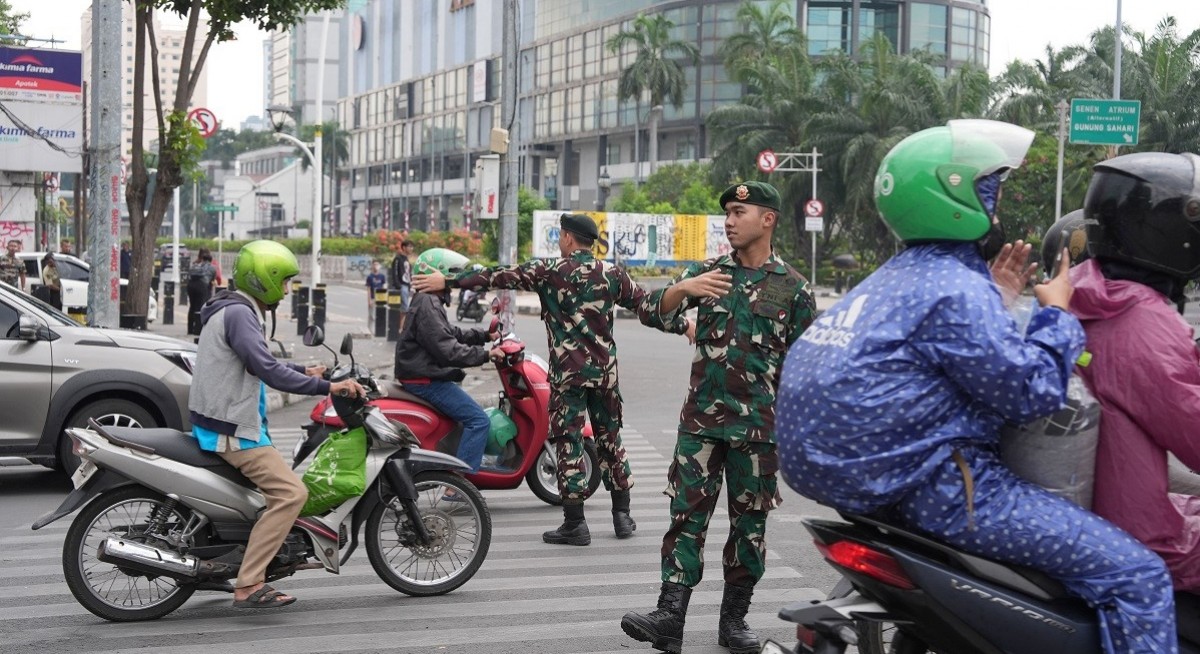The comments came as protests over rising costs and inequality escalated over the weekend, resulting in at least five deaths and widespread damage to buildings and infrastructure across major cities. Despite the unrest, Southeast Asia’s biggest economy reported a monthly trade surplus of US$4.17 billion in July, exceeding expectations. Additionally, headline and core inflation slowed in August.
According to S&P Global Ratings, the unrest is unlikely to cause political instability, but fiscal deficit may widen closer to the legal limit of 3% of gross domestic product, due to increased social spending to sustain growth. The ratings agency noted that mounting economic pressures could make it challenging for the government to balance spending priorities while maintaining fiscal prudence.
“If more pressures build up in the economy, spilling over to social tension, it could become increasingly difficult for the government to balance the various spending priorities while maintaining a tight lid on fiscal prudence,” S&P wrote in a report on Monday.
Indonesian stocks fell as much as 3.6% before recovering some losses on Monday afternoon. Meanwhile, the rupiah gained up to 0.4% to 16,430 against the dollar, leading major Asian currencies in intraday trading, following Bank Indonesia’s intervention.
See also: Prabowo puts Indonesia on collision course with global markets
Despite the protests, President Prabowo Subianto’s broad policy direction is unlikely to change, but public pressure may persist through the end of the year due to subdued household spending, according to Oversea-Chinese Banking Corp economists Lavanya Venkateswaran and Ahmad Enver. They kept a GDP growth forecast of 4.7% for 2025, noting that sentiment will likely remain volatile until clearer solutions to the underlying causes of the protests are implemented.




